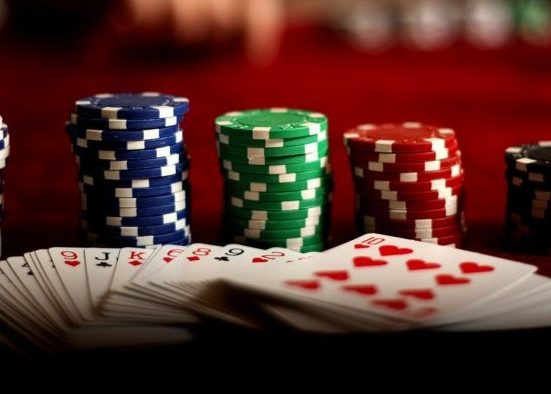Gambling may seem like an enjoyable activity at first, but it soon becomes a deadly addiction for many who are addicted. Gambling addiction affects a large portion of the world’s population. The gambling addiction is more common in Caucasian Americans than it is in Americans. Compulsive gambling is reported to affect around 2.5 million people. 15 million of these individuals are likely to develop into problem gamblers over the next few years.
What Happens to Gambling Addiction?
Gambling addiction can lead to a variety of social, psychological, financial, and physical problems. Gambling addiction is often accompanied by problems with alcohol and drug abuse. Gambling addiction can also lead to mood disorder, depression, and anti-social personality disorder.
Compulsive gambling or pathological gambling are closely linked to gambling addiction. Compulsive gambling is characterized by an increased obsession with gambling, despite the potential negative consequences. They resort to lying, cheating and even theft in order to continue their gambling addiction.
Studies show that gamblers often perceive their failures as a “near win” and are more likely to take them seriously. This is due to an overactive and defective activation of their cortices region of the brain that often deals with handling rewards. Gamblers fail to see that all mistakes can lead to loss.
Luke Clark, a University of Cambridge researcher and expert, said that gambling targets the same system as drug addiction. This is the brain’s dopamine system. The “near miss” situations are when the neurotransmitter, dopamine, is released.
Gambling Addictions: The Primary Causes
This addiction develops in females as a result of wanting to escape unhappy situations like broken relationships, marriages, job frustration, or poor mental health. This addiction is most common in women between 45 and 55 years old. They gamble at places that do not require any skill or experience, such as slot machines.
This addiction can be caused by low self-esteem and insecurity in males. This addiction is most common in men between 35 and 40 years old. They prefer to play competitive table games. It does not improve their feelings. Instead, it leads to financial problems, financial losses, and broken relationships.
Treatment for Gambling Addiction
Addict gamblers receive professional help in the form of psychotherapy and medication. It is similar to a drug rehab center. Medications such as anti-depressants can be used to treat this addiction. Psychotherapy is a helpful technique that asks the gambler to correctly interpret “near misses”. The addict’s age and severity of the problem are all factors that go into the treatment. Treatments include group activities, support, and cognitive behavioral therapies.
Gambling addiction can often interfere with the psychological, physical and social spheres of one’s life. Gambling addiction can be very destructive for the addict and his or her loved ones. It is possible to protect loved ones from gambling addiction by making them aware of all facts.








